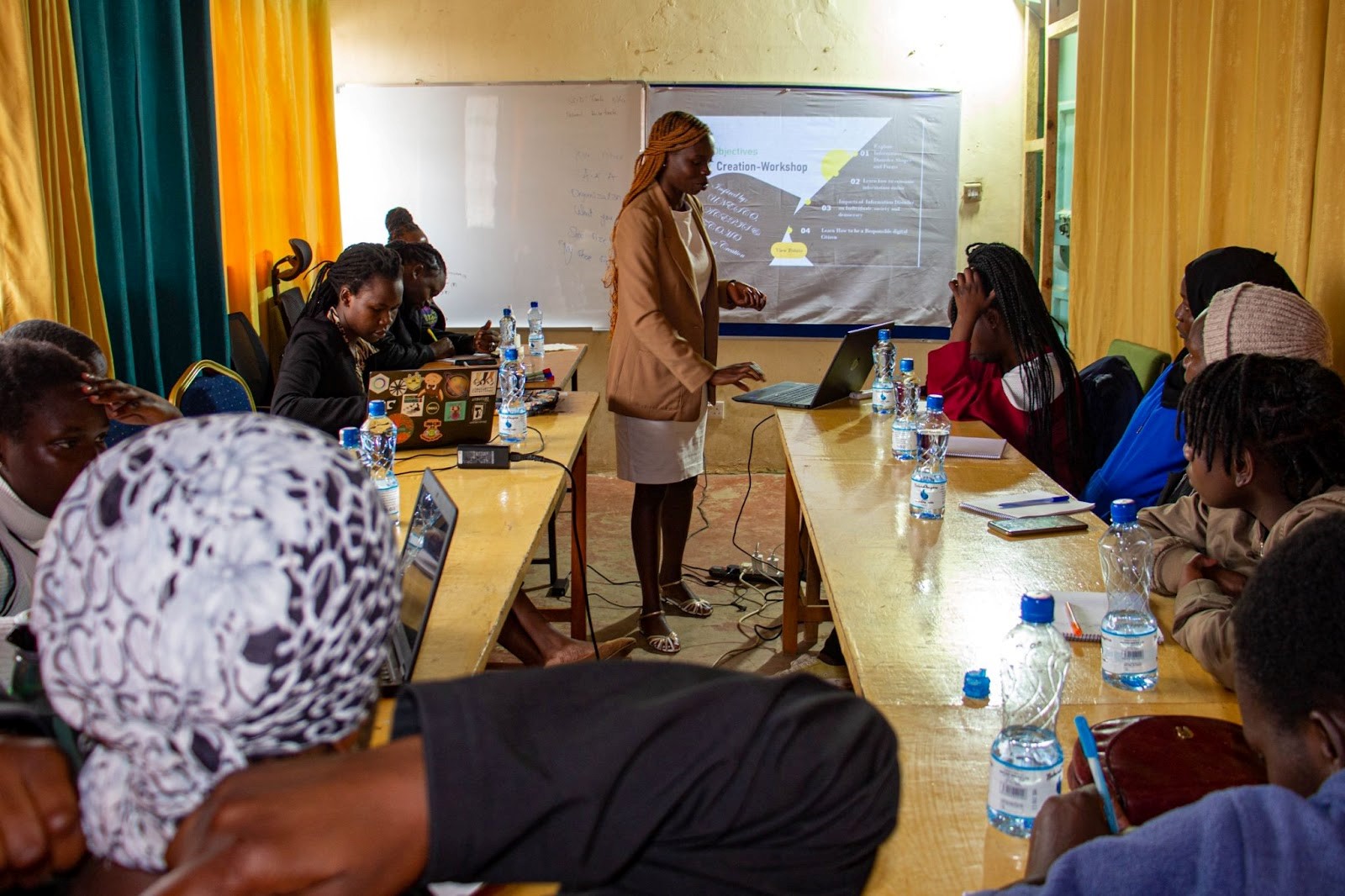Community networks are local community-led initiatives to govern and operate a network infrastructure for digital communication. In many cases, community networks are built to address connectivity needs in places that the market or government efforts have yet to reach. These can be rural and remote areas with low population density, or informal urban settlements – places where establishing a connectivity infrastructure is not profitable for traditional telecom service providers, or where the costs of such services are disproportionately high. In other cases, community networks are built in areas with existing commercial networks as an affordable alternative to traditional service providers. They have proven beneficial for bridging the digital divide and extending opportunities to those who would otherwise never access them.
Tanda Community Network (Tanda CN), is a community network based in Kibera an informal settlement in Kenya. Tanda provides internet infrastructure that permeates through Kibera slums which has enabled schools, hospitals, and activist groups to access the internet. The network has over 100 nodes, covering all the thirteen (13) villages in Kibera.
While access is crucial, Tanda CN recognizes the challenges that arise after initial access is established. Ensuring meaningful internet access for users in the community is also important. Tanda Community Networks goes beyond providing the infrastructure to understanding community needs and co-designing appropriate solutions, providing digital literacy, and promoting local content and services that benefit the community’s socio-economic activities.
It is equally important to ensure reliable information is readily available and equip communities with the tools to navigate the digital landscape effectively. To better capture the variety of problems grassroot communities face when expressing their views and opinions, Tanda CN, UNESCO and DW Akademie co-organised a series of workshops with diverse community groups including grassroot human rights defenders, community media and community networks to explore disinformation, its manifestation, the community lived experiences and gender approaches in tackling disinformation.
Disinformation: A Growing Threat
These in-depth workshops pointed to the fact that disinformation, the spread of false or misleading information, can have a devastating impact on communities. It can take many forms, from fabricated stories and manipulated content to weaponized narratives about gender roles. These tactics can sow discord, erode trust, silence voices, and perpetuate harmful stereotypes. This is especially true of gendered disinformation, used as an excuse to limit expression that is legitimate or legally protected – including expression on gender-related issues. It can manifest in various ways, from online harassment targeting leaders ie politicians, HRDs, and journalists to the spread of rumours that reinforce traditional gender roles. At the same time, it can amount to incitement to hatred, discrimination and even violence which undermines the progress made towards gender equality.
The workshop highlighted the critical role that grassroots Communities play in tackling disinformation. Here are some key takeaways:
- Raising awareness about disinformation can no longer be a luxury reserved for high-level discussions. We need to empower people at the grassroots level – the very foundation of our society – to be critical consumers of information. By educating them on how to identify fake news, fact-check information, and promote media literacy, we can equip them with the tools to fight the spread of disinformation and build a more informed and resilient society
- There is a necessity of providing easy access to reliable fact-checking resources for community members to verify information eg supporting the development of community-driven fact-checking efforts that address local issues and narratives,
- Recognizing the need for a safety net, the workshops emphasized the importance of establishing support systems for victims of online harassment and gender-based violence. These support structures could include access to legal aid, healthcare services, and safe spaces
- The fight against disinformation requires a multi-pronged approach. Collective action fosters a more robust information ecosystem and empowers communities to become active agents in the fight against disinformation. Community networks, Community media and HRDS with their deep understanding of local audiences, and expertise in human rights advocacy play a crucial role in identifying and dismantling harmful narratives, disseminating fact-checked information and countering the spread of gendered disinformation.
The future of a healthy online environment lies in empowering communities. At Tanda CNs, we are committed to creating a more just and equitable digital space for all. We believe that by working together, we can create a future where accurate information empowers, not deceives.
Trust the People: Community-based and Gender-Transformative Approaches to Fight Disinformation.
Written by Risper Arose – Tanda Community Networks

